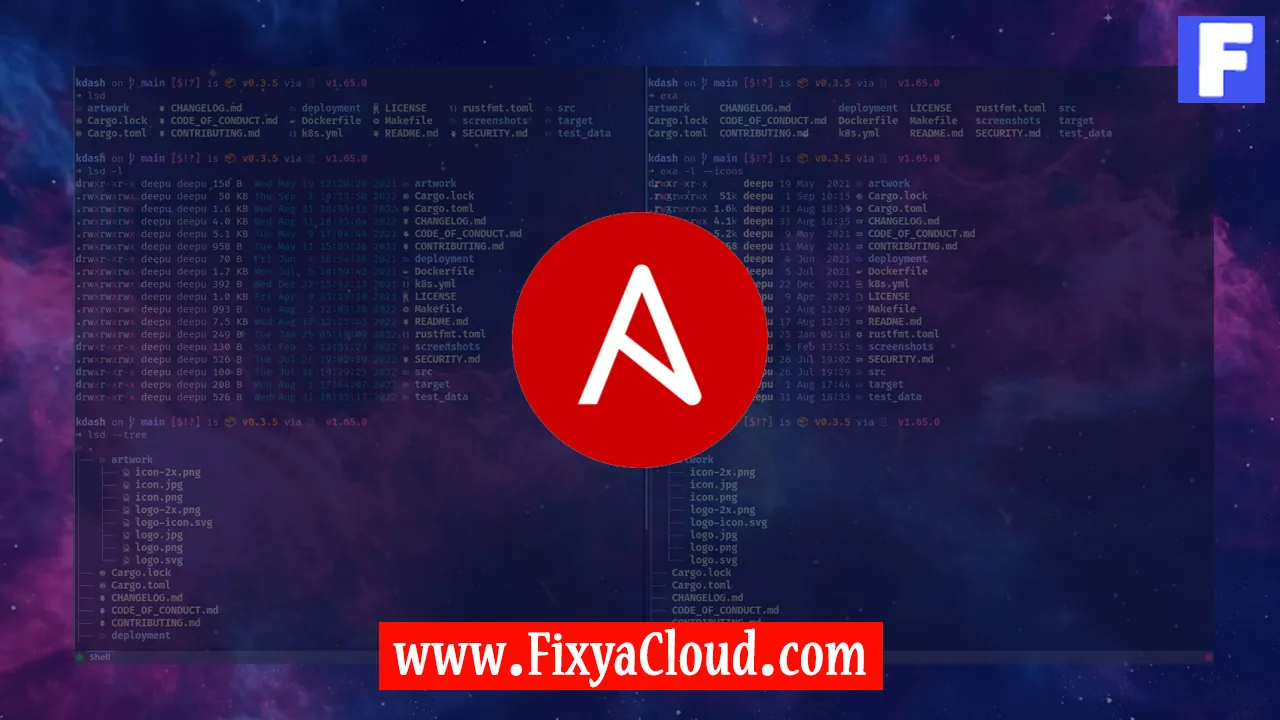What are the Benefits of Using Ansible and Docker Together?

In the ever-evolving landscape of DevOps and containerization, the combination of Ansible and Docker has emerged as a powerful solution. Ansible, an open-source automation tool, and Docker, a leading containerization platform, complement each other seamlessly, offering a myriad of benefits for efficient application deployment, scaling, and management.
Automation and Orchestration:
Ansible excels in automating repetitive tasks and orchestrating complex workflows, ensuring consistency across various environments. When integrated with Docker, it extends its automation capabilities to containerized applications. This combination allows for the effortless management of containers, scaling, and deployment.Infrastructure as Code (IaC):
Ansible's strength lies in its declarative language for defining infrastructure as code. By utilizing Ansible playbooks, one can describe the desired state of infrastructure, including Docker containers, making it easier to version control and reproduce environments. This approach enhances collaboration among development and operations teams.Simplified Deployment with Docker:
Docker simplifies application deployment by encapsulating applications and their dependencies into containers. Ansible complements this by automating the provisioning of underlying infrastructure, ensuring that the entire stack is consistent across different environments. The combination streamlines the deployment process, reducing the likelihood of configuration drift.
Commands:
To illustrate the synergy between Ansible and Docker, consider the following commands:
Ansible Installation:
sudo apt update
sudo apt install ansibleDocker Installation:
sudo apt update
sudo apt install docker-ce docker-ce-cli containerd.io
Step-by-Step Instructions:
Setting Up Ansible Playbooks for Docker:
- Create an Ansible playbook, e.g.,
docker_deploy.yml. - Define tasks for installing Docker, pulling images, and configuring containers.
- Use Ansible roles to modularize tasks for better maintainability.
---
- name: Install Docker
hosts: target_servers
tasks:
- name: Install Docker
apt:
name: docker-ce
update_cache: yes
state: present
- name: Deploy Docker Containers
hosts: target_servers
tasks:
- name: Pull Docker Image
docker_image:
name: your_image:latest
source: pull
state: present
- name: Run Docker Container
docker_container:
name: your_container
image: your_image:latest
state: started- Create an Ansible playbook, e.g.,
Scaling with Docker Compose and Ansible:
- Utilize Docker Compose to define multi-container applications.
- Use Ansible to automate the deployment and scaling of Docker Compose applications.
---
- name: Deploy Docker Compose
hosts: target_servers
tasks:
- name: Install Docker Compose
pip:
name: docker-compose
- name: Deploy Docker Compose Application
command: docker-compose -f /path/to/docker-compose.yml up -d
More Examples:
Configuration Management with Ansible:
- Ansible ensures consistent configuration across Docker hosts.
- Use Ansible roles for managing Docker daemon configuration.
---
- name: Configure Docker Daemon
hosts: target_servers
tasks:
- name: Copy Docker Daemon Configuration
template:
src: docker-daemon.j2
dest: /etc/docker/daemon.json
notify:
- Restart Docker
handlers:
- name: Restart Docker
service:
name: docker
state: restartedMonitoring Docker Containers with Ansible:
- Employ Ansible for setting up monitoring tools within Docker containers.
- Ensure seamless integration with existing monitoring solutions.
---
- name: Install Monitoring Tools
hosts: target_containers
tasks:
- name: Install Monitoring Agent
shell: "curl -sSL https://monitoring-agent.com | sh"
So, the integration of Ansible and Docker offers a robust solution for automating and managing containerized environments. From streamlining deployment processes to enhancing scalability and ensuring consistent configurations, the collaboration between these two technologies proves to be invaluable in the world of DevOps.
Related Searches and Questions asked:
That's it for this topic, Hope this article is useful. Thanks for Visiting us.
